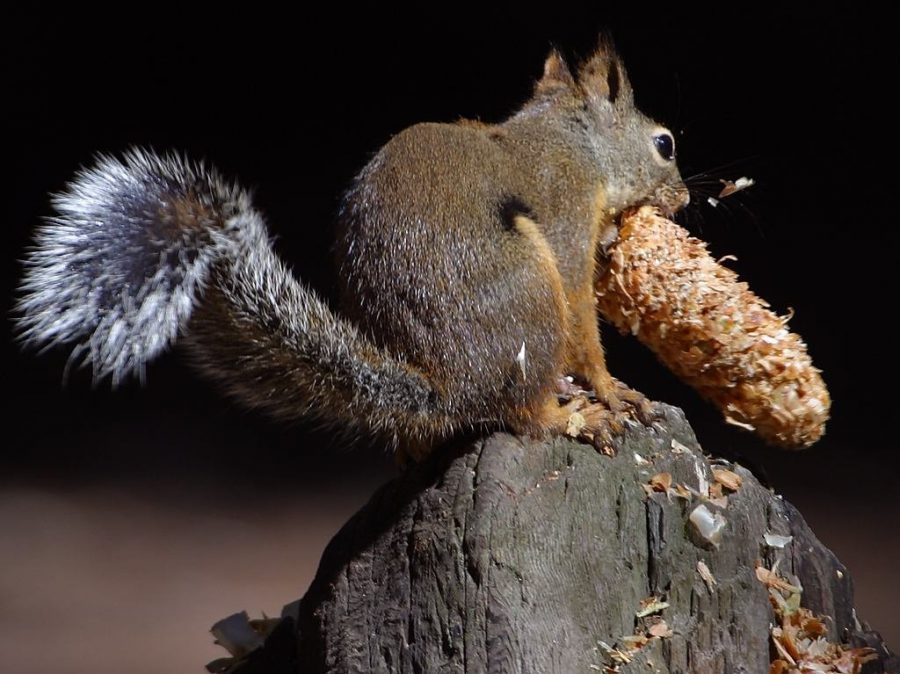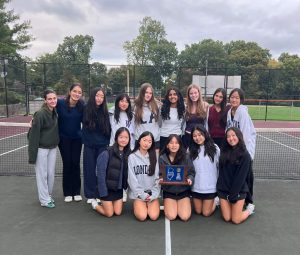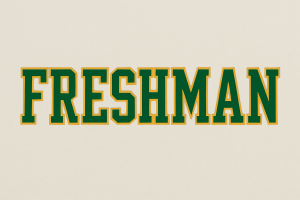Rise in Roadkill: Squirrels Triumph Over Chipmunk Corpses
Free image/jpeg, Resolution: 1024×767, File size: 140Kb, striking squirrel chipmunk
November 9, 2020
The arrival of fall has carried with it a relief from the especially hot summer, as well as a promising season of festivities to come. But like many occurrences in this past unpredictable year, autumn has come with a twist of its own: an absurd increase in roadkill.
Squirrel, bird, and chipmunk carcasses have become a frequent sighting along roads and sidewalks. Following the months of quarantine, when streets were bare and such rodents dominated the highways, there has been an alarming surge in bloodshed as life’s “new normal” has begun. But could these hit-and-runs be more than just freak accidents? Could they mean something more than what the dull human mind can perceive?
While we have interpreted this anomaly as another 2020-mishap, THS senior Ben Rosen suggests otherwise. Rosen has been the first to propose that the odd increase in roadkill has been a direct result of a war between the squirrel and chipmunk populations. “Though there have been a large number of dead squirrels, a very large quantity of slain chipmunks could be observed during the summer months,” Rosen said. “This was likely due to successful action by the squirrels against the chipmunks, though likely not a decisive one.”
Rosen’s proposition led to more speculation regarding the notion of a squirrel-chipmunk war, and what this war could potentially mean.“I’m surprised you actually caught on to this,” Caleb Chung (’21) said. “Yesterday I went on a jog that led me to the library. There I saw a chipmunk scurrying by, but he was in such a hurry that he didn’t bother to avoid me, and pretty much ran over my feet. This got me thinking: the only reason they wouldn’t path themselves in a way to avoid me is if there is a more important objective. An objective important enough where this particular chipmunk would risk his life.” Affirming suspicions in the community in regards to compelling evidence—that being a picture of a squirrel eating out of a garbage can—Chung made his groundbreaking claim: “The squirrels had taken over the majority of Tenafly’s supply lines. Backyards and trash cans were all squirrel territory, and so the chipmunks are in a scramble to obtain the remaining supplies.”
Meanwhile, sophomore Andy Son has taken matters into his own hands, devising his own critter-ical conclusion. Son posited that the cause of the squirrel-chipmunk war was an extreme shortage in nut supplies. “Both parties have realized that there are only so many nuts to go around, so they needed an alternative food source: humans.” And, according to Son, this conflict is unlike any natural phenomenon that we’ve seen before. While oblivious to the happenings of the war, the squirrels and chipmunks have manipulated humans to fulfill their dirty work through mind control, in order to influence the events of the feud in their favor. “It is even possible that there is an underground society with tunnels running underneath our own homes where squirrels and chipmunks have created their own cities,” Son said. “It is possible that they are sneaking into our own homes in order to survive.”
Despite the apparent onslaught, Son remains confident that we humans will survive the siege. “We have time to prepare against the squirrels and chipmunks. We also know that both animals are pansies, and we have time before they realize that they can overrun us and completely obliterate our species. Only time will tell, only time.”
Despite the running speculations, students have not been able to help but take interest in the happenings of the squirrel-quarrel. In an independent survey completed by 52 students at the school, 65% of those polled voted that they hoped for the chipmunks to turn the tides and win the war, and perhaps, change the future of all life forever. Many stand against the reign of the so-called “suburban street rats,” according to Eliya Eini (’23), imploring change. While some vote on the basis of “cuteness” and others focus on the strengths and weaknesses of both species, the poll has gathered a wide range of responses. “Personally, I’m rooting for the chipmunks,” Skyler Salk (’23) said. “They’re kind of the underdogs of the woodland creature world, and I’m ready for them to be in the spotlight as the supreme animal.” After all, “which animal has a band that released banger after banger, and multiple movies? Is it the squirrels? Wrong. Alvin and the Chipmunks are trailblazers and their species deserves that recognition.”
On the other hand, pro-squirrel students insist that the conflict would be better off if it worked in favor of the squirrels. “I don’t see many chipmunks in the first place, so it wouldn’t really make much of a difference to me if they were to lose a war against the squirrels, and then be banished,” Matthew Kwon (’21) said. “If the squirrels lost, my assumption is that they would have to give up their territory and I would never see them again, and I like squirrels because they’re funny and cute, so I’d rather have them stick around.” Although cute, the chipmunks do not appear as friendly as the squirrels that monopolize Tenafly, which may come to their disadvantage. Others argue that the experience and strength of the squirrels equip them with an advantage that simply makes them the ideal choice.
Since the resumption of daily life post-quarantine, the increase in dead rodents has skyrocketed. While the cause of this abnormality is yet to be substantiated, evidence of a dramatic reduction in roadkill during the spring months of quarantine suggests a correspondence between run-over rodents and patterns in street activity. Research conducted by the Road of Ecology Center, at UC Davis, provides evidence from databases that affirm the significant drop in roadkill numbers over quarantine. The percent-reductions in traffic have varied, with results as high as 71%, 63%, and 73% drops, in California, Idaho, and Maine respectively. Should this pattern continue between the three states, 5,700-13,000 mammal lives could be saved every year. However, the return of drivers on the roads may have contributed greatly to the increases in roadkill, also known as war casualties, especially after the many months of peaceful foraging.
Should the war continue, humans may become more and more unknowingly involved within the affairs between the chipmunks and squirrels. Whether we should anticipate rodent world-domination or the continuation of carnage, as Son said, “only time will tell, only time.”
















































































































































